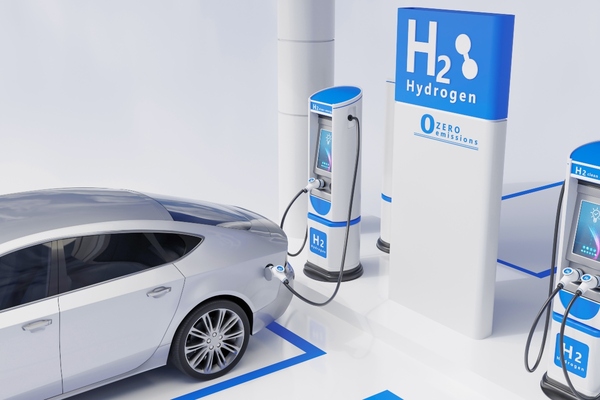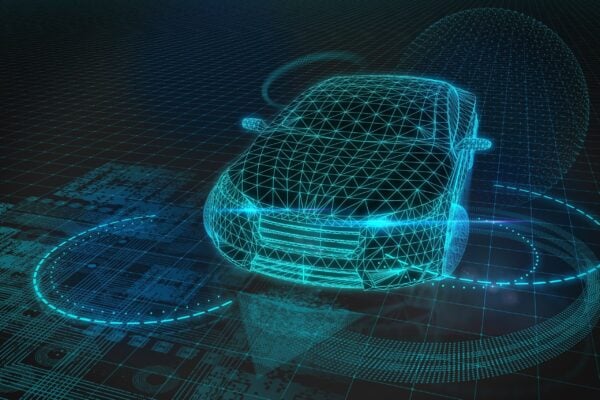As the world continues to grapple with the adverse effects of climate change, the need for sustainable and eco-friendly transportation solutions becomes increasingly crucial. One promising technology that holds the potential to revolutionize the way we travel is hydrogen...
As the world continues to grapple with the adverse effects of climate change, the need for sustainable and eco-friendly transportation solutions becomes increasingly crucial. One promising technology that holds the potential to revolutionize the way we travel is hydrogen fuel cell cars.
What are Hydrogen Fuel Cell Cars?
Hydrogen fuel cell cars, also known as fuel cell electric vehicles (FCEVs), are vehicles powered by hydrogen instead of traditional fossil fuels. These vehicles use a fuel cell to generate electricity, which is then used to power an electric motor, propelling the car forward.
Unlike conventional internal combustion engines, hydrogen fuel cell cars produce zero greenhouse gas emissions. The only byproduct of their operation is water vapor, making them a truly clean and sustainable alternative to traditional gasoline or diesel-powered vehicles.
The Advantages of Hydrogen Fuel Cell Cars

There are several advantages associated with hydrogen fuel cell cars:
Zero Emissions: Hydrogen fuel cell cars produce no harmful emissions, helping to improve air quality and reduce greenhouse gas emissions. Fast Refueling: Refueling a hydrogen fuel cell car is as quick and convenient as refueling a conventional gas-powered vehicle, taking just a few minutes. Long Range: Hydrogen fuel cell cars offer a comparable range to traditional gasoline-powered vehicles, allowing for long-distance travel without compromising convenience. Versatility: Hydrogen can be produced from a variety of renewable sources, such as wind, solar, or biomass, making it a versatile and sustainable energy carrier.The Challenges
While hydrogen fuel cell cars hold immense potential, there are several challenges that need to be addressed for their widespread adoption:
Infrastructure: The infrastructure for hydrogen refueling stations is currently limited, making it challenging for consumers to access this fueling option. Production and Distribution: Scaling up hydrogen production and establishing a reliable distribution network are essential for making hydrogen fuel cell cars more readily available. Cost: Currently, hydrogen fuel cell cars are more expensive than conventional vehicles. However, as technology advances and production scales up, costs are expected to decrease.The Future of Transportation?
Despite the challenges, hydrogen fuel cell cars have the potential to play a significant role in the future of transportation. As governments and industries increasingly prioritize sustainable solutions, investments in hydrogen infrastructure and advancements in technology are expected to drive the market for fuel cell vehicles.
Hydrogen fuel cell cars offer a cleaner and more sustainable alternative to traditional fossil fuel-powered vehicles. With zero emissions, fast refueling, and a comparable range, they address many of the concerns associated with electric vehicles, such as limited range and long charging times.
While the road ahead may be challenging, hydrogen fuel cell cars have the potential to revolutionize transportation, contributing to a greener and more sustainable future.
The post Hydrogen Fuel Cell Cars: The Future of Transportation? first appeared on Auto Care Spot.








